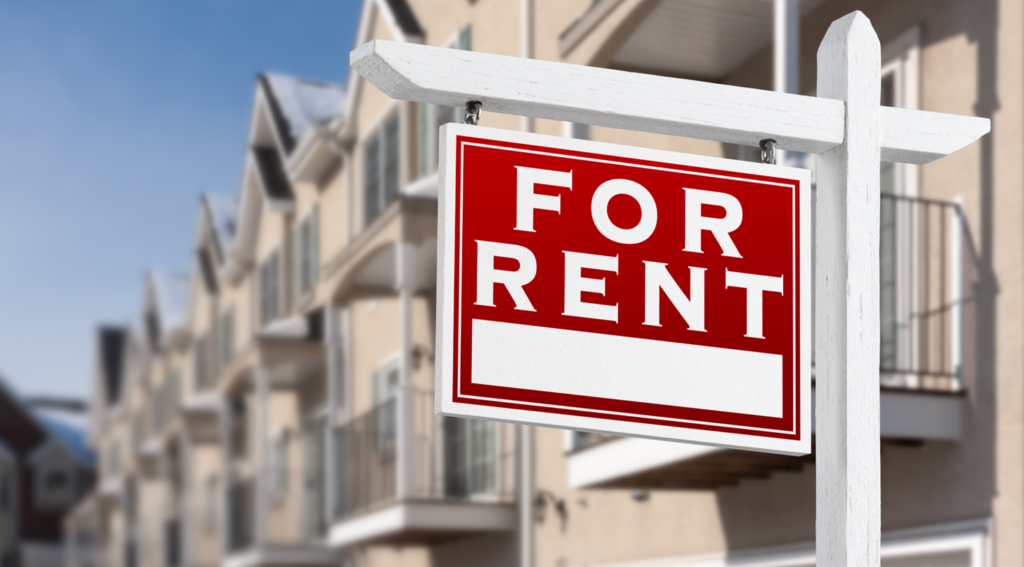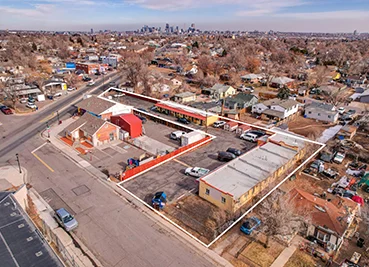
As seen in The Denver Post
New laws govern lease agreements, rent requirements and apartment applications.
New protections for Colorado tenants went into effect Monday, covering what landlords can insert into lease agreements and capping costs associated with renting an apartment here.
The protections come from three laws passed by Colorado legislators earlier this year amid a session dominated — and at times fractured — by lawmakers’ search for solutions to the state’s housing crisis. The new protections represent three of the bills that survived that search this year, and they broadly seek to ease the pathway into housing for renters.
“Whether it’s Steamboat Springs or Sedalia, housing is a top concern for Coloradans,” Sen. Faith Winter, a Westminster Democrat, said in a statement. ” … By preserving the affordable housing stock we already have and strengthening renters’ rights, Coloradans will be better positioned to find housing options that fit their budget and sign rental agreements that preserve their comfort and safety.”
Applications
HB23-1099 allows renters to re-use rental applications — like background screeners — across multiple prospective landlords, so long as the report is no more than 30 days old. Landlords are required to tell applicants about the portable background screeners. If a landlord rejects a prospective tenant’s application, the landlord must provide a copy of the background screener that they used, and tenants are allowed to contest that report’s contents.
Proponents say the new law will cut down on application fees, which can add up during apartment hunts.
Lease Agreements
HB23-1095 institutes new regulations around what can and can’t be included in lease agreements. The new law prohibits landlords from requiring that tenants waive certain legal rights in their leases, like the ability to participate in class-action lawsuits or jury trials. It also prohibits landlords from charging renters a penalty if the renter doesn’t give notice that they aren’t renewing their lease. Landlords can charge a fee, though, if they suffered an actual loss because they didn’t receive notice.
The new law also limits how much landlords can charge in third-party fees, like for pest control or trash collection.
Rep. Steven Woodrow, a Denver Democrat who co-sponsored the bill, said in a statement that the law prohibits “traps that some landlords have used to take advantage of unsuspecting tenants.”
Income Requirements
SB23-184 sets limits on how much income landlords can require a tenant to earn. Under the law, income requirements are capped at double the cost of rent. Proponents have said that some landlords previously required that tenants make three to five times as much as they’d pay in rent.
The law also caps security deposits at double the cost of a month’s rent, and it limits how a landlord can use a prospective tenant’s credit or rental history.




